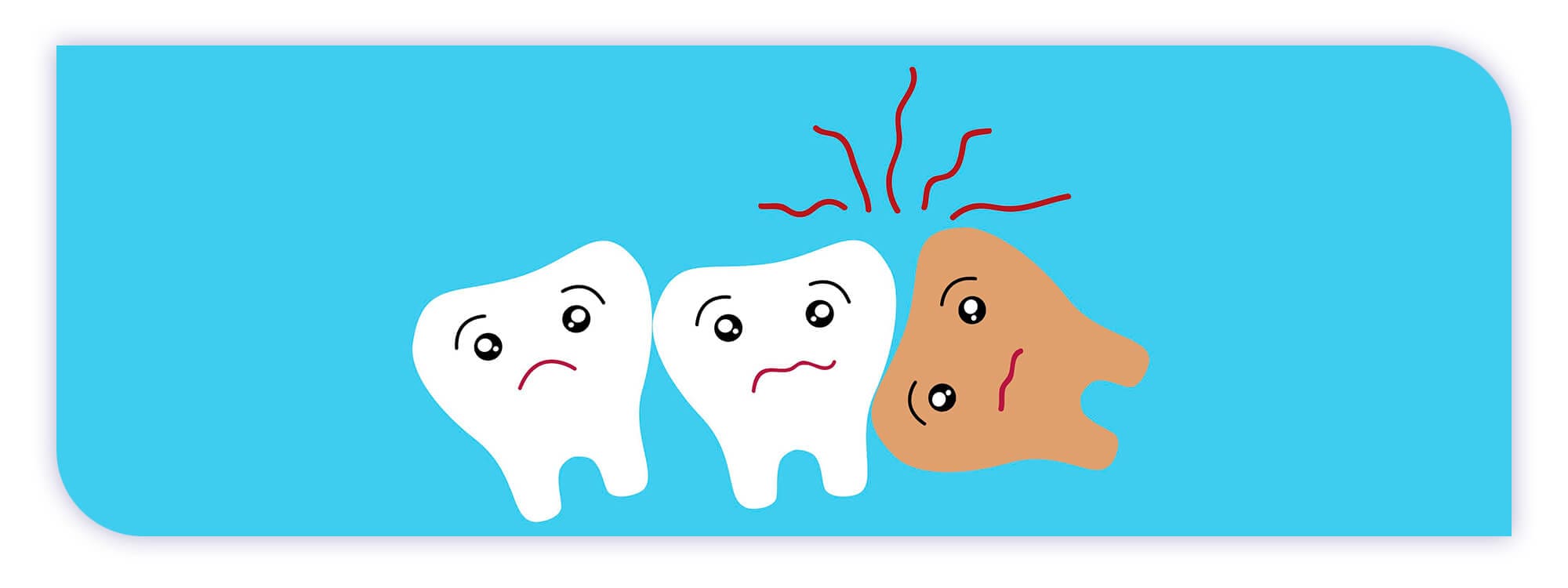
What Should I Know About Having My Impacted Wisdom Teeth Removed?
Wisdom teeth removal is a common dental procedure many people face in their late teens or early twenties. While the idea of oral surgery, such as Impacted Wisdom Teeth Removal in Pragathi Nagar, might seem intimidating, understanding the process and knowing what to expect can ease your worries. This guide explores everything you need to know about having impacted wisdom teeth removed, from recognizing the need for extraction to post-operative care.
What Are Impacted Wisdom Teeth?
Wisdom teeth, also known as third molars, typically emerge between the ages of 17 and 25. In many cases, there isn’t enough room in the jaw for these teeth to erupt properly, causing them to become impacted. If you’re experiencing discomfort or suspect you have impacted wisdom teeth, consult the Best Dentist in Pragathi Nagar for expert advice and treatment. Impacted wisdom teeth may grow at an angle, remain partially erupted, or fail to break through the gum line entirely.
Common Symptoms of Impacted Wisdom Teeth
Pain or tenderness in the back of the mouth.
Swelling or redness around the gums.
Difficulty opening your mouth fully.
Persistent bad breath or an unpleasant taste in your mouth.
Frequent infections or cyst formation
If you notice these symptoms, consult your dentist for an evaluation. They may recommend an X-ray to determine the position and condition of your wisdom teeth.
Why Remove Impacted Wisdom Teeth?
Leaving impacted wisdom teeth untreated can lead to various complications, including:
Infections: Trapped food and bacteria around impacted teeth can cause painful infections.
Cysts and Tumors: Fluid-filled sacs can form around impacted teeth, potentially damaging nearby teeth and bone.
Crowding: Impacted wisdom teeth may push against neighboring teeth, leading to misalignment.
Decay: Partially erupted teeth are harder to clean, increasing the risk of cavities.
Removing impacted wisdom teeth proactively can prevent these issues and improve oral health.
What to Expect During Wisdom Teeth Removal
Wisdom teeth removal is a routine procedure performed by a dentist or oral surgeon. If you are in Hyderabad, you can consider visiting the Best Dental Clinic in Hyderabad for expert care and a comfortable experience. Here’s what you can expect:
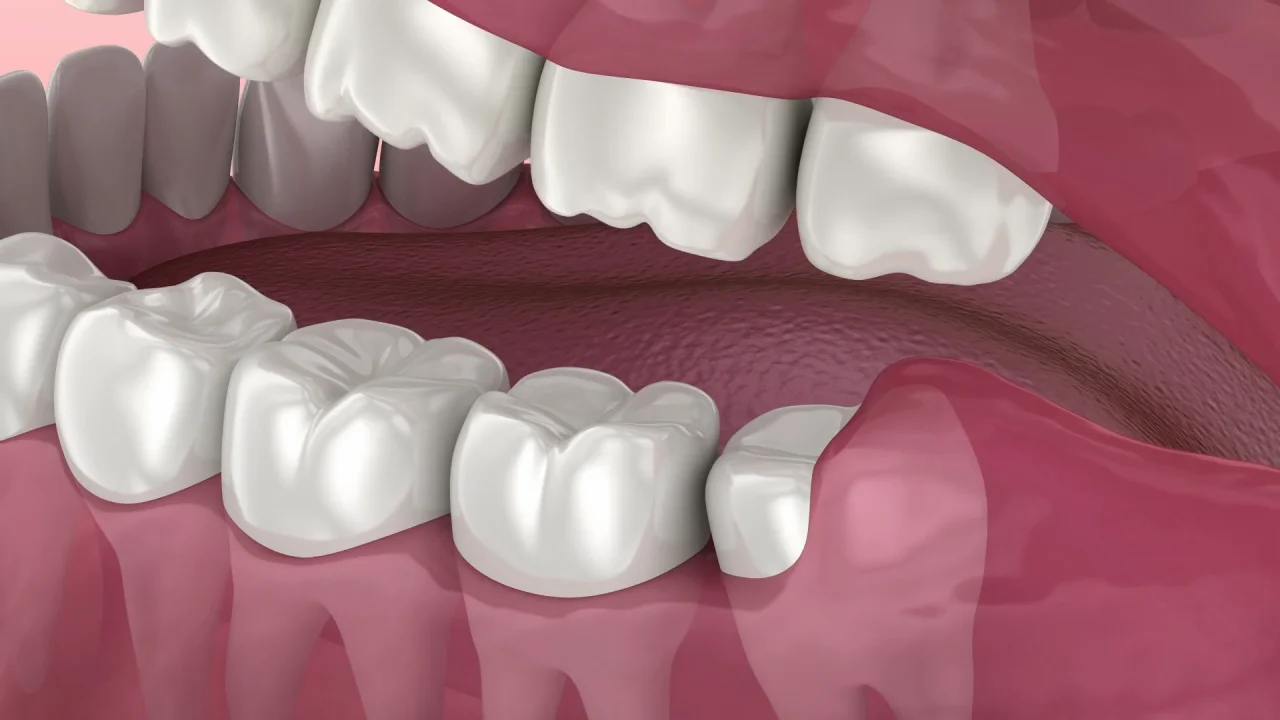
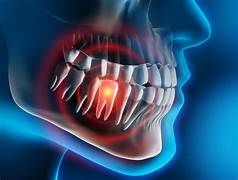
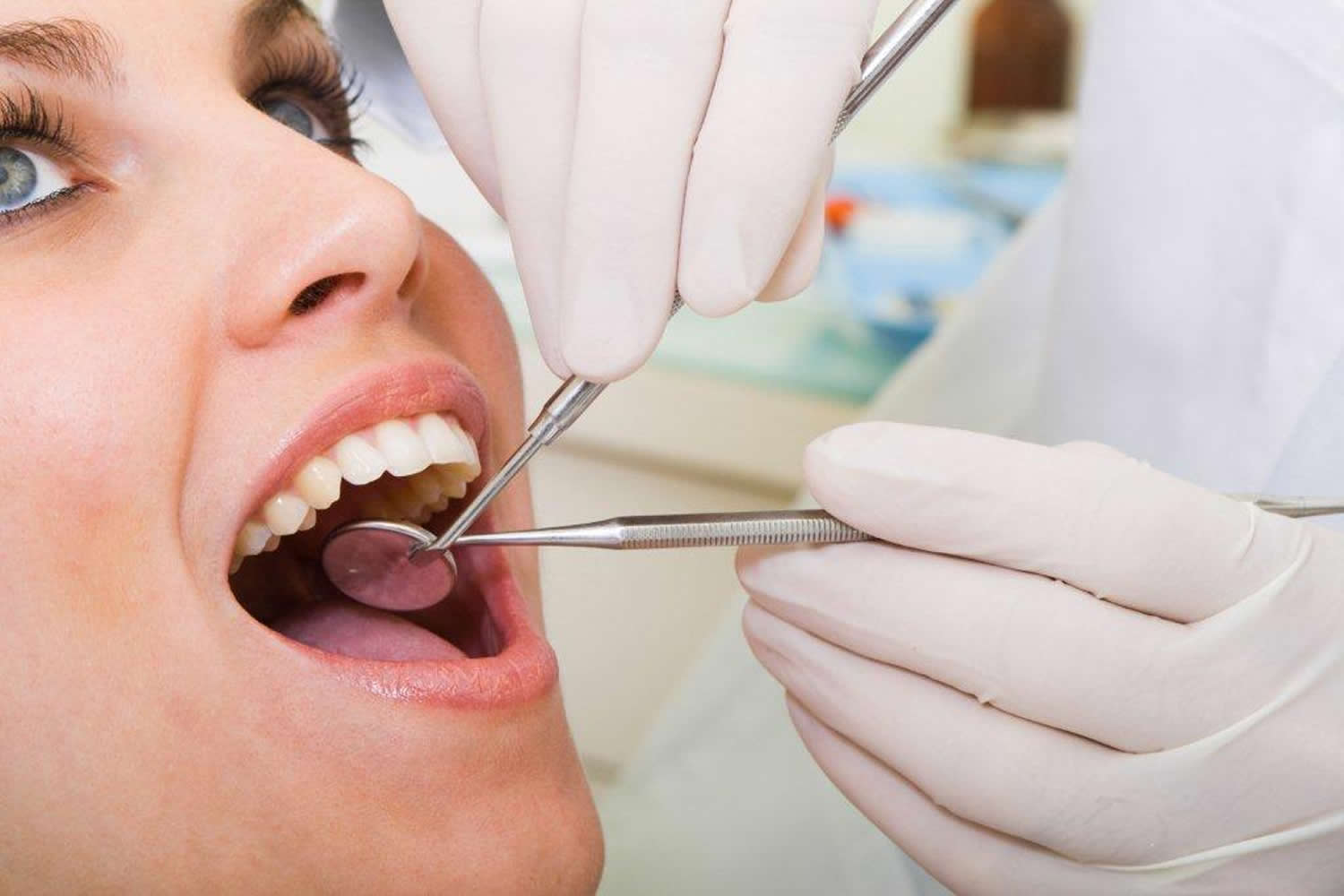
1. Consultation and Evaluation
Your dentist will assess your oral health and take X-rays to plan the extraction. They will discuss the procedure, potential risks, and anesthesia options.
2. Preparation for Surgery
On the day of the surgery:
Wear comfortable clothing.
Avoid eating or drinking for a few hours before the procedure if instructed.
Arrange for a friend or family member to drive you home.
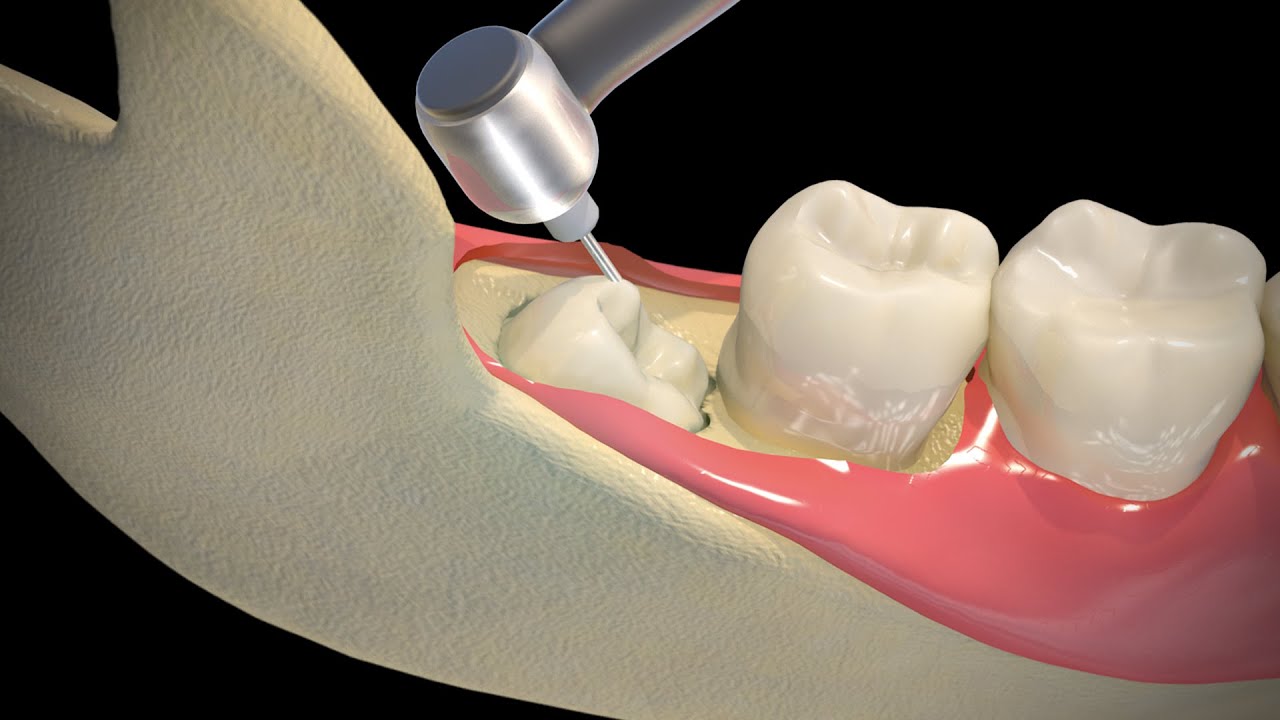
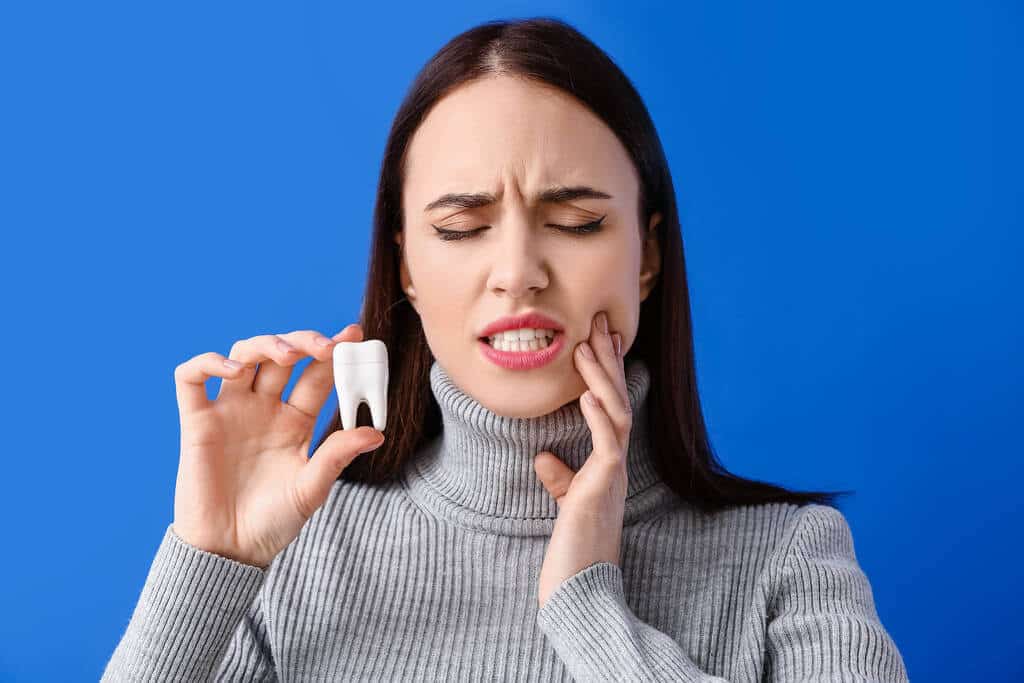
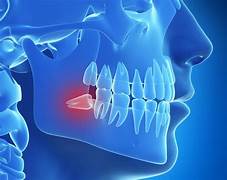
3. Anesthesia Options
You can choose from several types of anesthesia, depending on your comfort level and the complexity of the procedure:
Local Anesthesia: Numbs the extraction site while keeping you awake.
Sedation Anesthesia: Provides a relaxed, semi-conscious state.
General Anesthesia: Renders you completely unconscious during the procedure.
4. The Extraction Procedure
The dentist or surgeon at the Best Dental Hospital in Pragathi Nagar will make an incision in the gum tissue to expose the tooth and bone.
They may divide the tooth into sections for easier removal.
Once the tooth is extracted, the site is cleaned, and stitches may be placed.
Gauze is applied to control bleeding.
The procedure typically lasts 45 minutes to an hour, depending on the number of teeth removed.
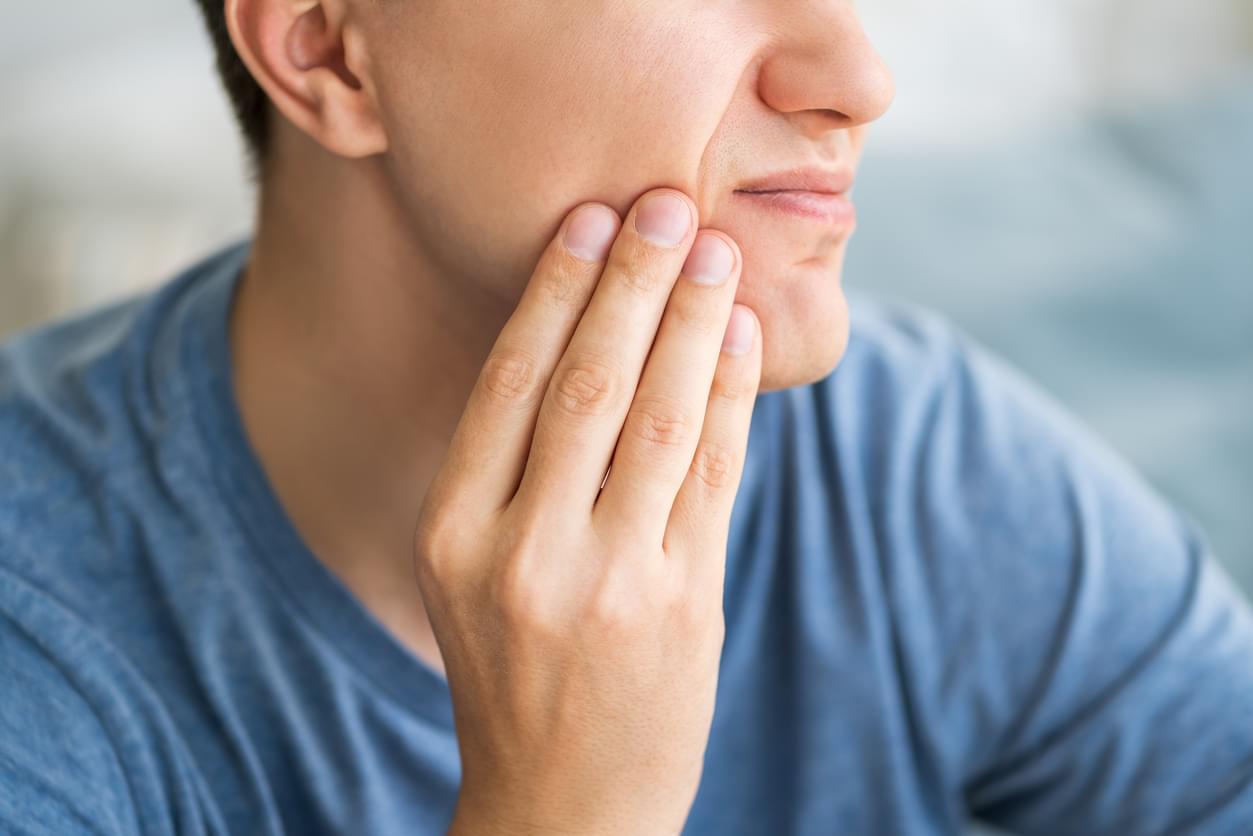
Recovery and Aftercare
If you’re considering wisdom teeth removal, Low-Cost Wisdom Teeth Removal in Pragathi Nagar offers affordable and reliable care with expert dentists ensuring a smooth experience. Post-operative care is vital to ensure quick healing and prevent complications. Here are some key tips:
1. Manage Pain and Swelling
Use prescribed pain relievers or over-the-counter medications.
Apply an ice pack to the outside of your face to reduce swelling.


2. Watch Your Diet
Stick to soft foods like yogurt, mashed potatoes, and soup for the first few days.
Avoid hot, spicy, or crunchy foods that can irritate the surgical site.
Stay hydrated, but do not use a straw to prevent dislodging the blood clot.
3. Practice Good Oral Hygiene
Gently rinse your mouth with warm salt water after 24 hours to keep the area clean.
Avoid brushing near the extraction site for the first few days.
4. Follow Activity Restrictions
Rest for at least 24 hours after surgery.
Avoid strenuous activities for a week to prevent complications like dry socket.
5. Be Alert for Complications
Contact your dentist if you experience:
Severe pain not relieved by medication.
Excessive bleeding or swelling.
Signs of infection, such as fever or pus discharge.
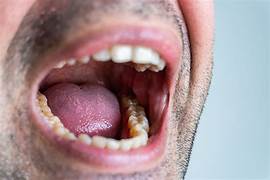
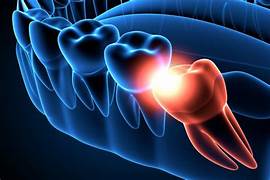
Common Questions About Wisdom Teeth Removal
1. How Long Does Recovery Take?
Most people recover fully within a week. Swelling and discomfort typically peak within the first 48 hours and then gradually subside.
2. Can I Go Back to Work or School Immediately?
It’s best to take a day or two off to rest. If your job involves physical activity, consult your dentist about when it’s safe to resume.
3. Will I Need Stitches Removed?
Some stitches dissolve on their own, while others may need removal. Your dentist will provide instructions.
4. What Is a Dry Socket, and How Can I Prevent It?
Dry socket occurs when the blood clot protecting the extraction site is dislodged. Prevent it by avoiding smoking, using straws, and eating hard foods during the healing period.
When Should I See a Dentist?
Even if your wisdom teeth aren’t causing immediate discomfort, regular dental checkups can help monitor their development. Early evaluation and removal (if necessary) are easier and often result in a quicker recovery.

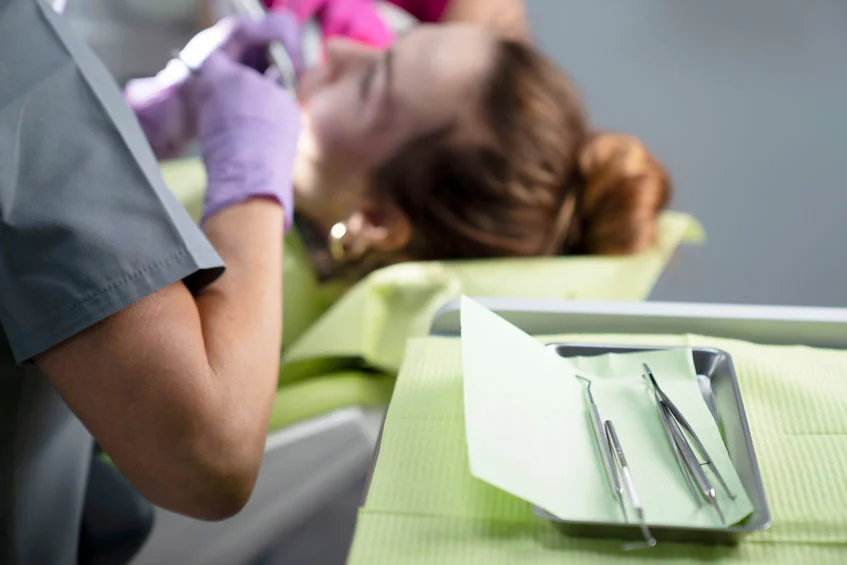
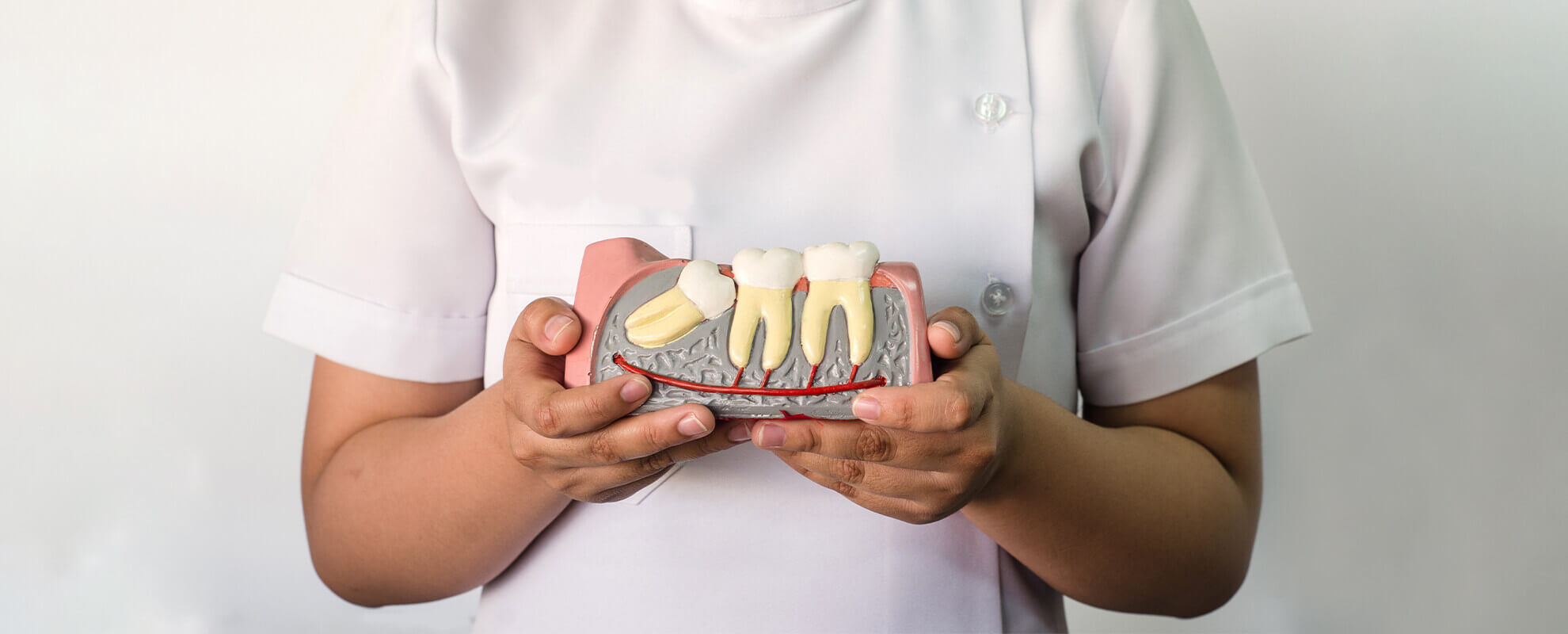



Frequently Asked Questions
Frequently Asked Questions
Impacted wisdom teeth are third molars that fail to erupt properly due to a lack of space in the jaw or improper alignment. They can remain partially erupted, grow at an angle, or stay trapped under the gums.
Symptoms of impacted wisdom teeth include:
Pain or swelling in the back of the mouth.
Difficulty opening your mouth.
Red or swollen gums around the affected area.
Bad breath or a foul taste in the mouth.
A dentist can confirm this with an X-ray.
Not always. If the impacted teeth are not causing pain, infection, or other complications, your dentist may recommend monitoring them. However, proactive removal is often suggested to prevent future issues.
You may choose from:
Local anesthesia: Numbs the extraction site.
Sedation anesthesia: Relaxes you while keeping you semi-conscious.
General anesthesia: Puts you completely to sleep during the procedure.
Your dentist or oral surgeon will recommend the best option based on your needs.
Conclusion:
Having impacted wisdom teeth removed may seem daunting, but with the right preparation and care, the process can be smooth and stress-free. By understanding the procedure, following post-operative instructions, and maintaining regular dental visits, you can protect your oral health and enjoy a pain-free smile for years to come. For those seeking Impacted Wisdom Tooth Removal at a Low Cost in Hyderabad, many clinics offer affordable options with expert care, ensuring both quality and budget-friendly solutions.

